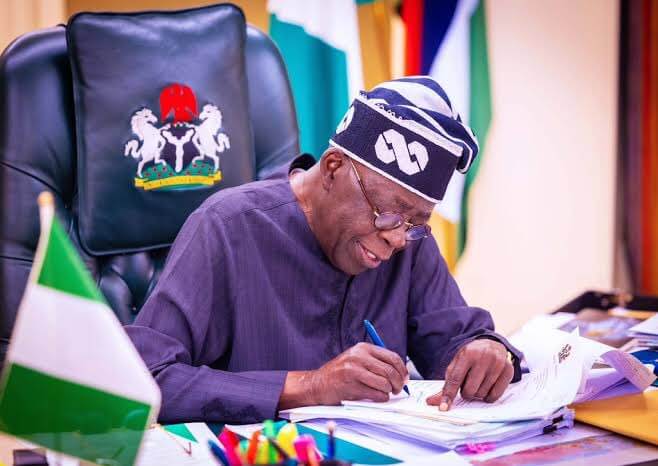
Matthew Onocheta
The Nigerian government declared Thursday that the Samoa agreement the President Bola Tinubu-led government recently rectified at the international stage did not invalidate the country’s law on same-sex marriage.
The government said its law on same-sex marriage supersedes the agreement.
This was made known in a press statement issued by the country’s minister of information, Mohammed Idris.
Idris added that the government was guided by the morality and core values of its people before signing the treaty.
The international agreement was said to contain some clauses that compel underdeveloped and developing nations to support the agitations by Lesbian, Gay, Bisexual, and Transgender (LGBT) community for recognition, as a condition for getting financial and other support from advanced societies.
The law was adopted at Pacific Island Samoa, and is gradually gaining traction, despite opposition by many countries that cherish Islamic and Christianity values, in addition to the sensitivity of their cultures.
The agreement has caused controversy, with some human rights advocates and religious people condemning Tinubu’s administration for accepting what previous government of Goodluck Jonathan declined.
In his response to these concerns, Mohammed Idris, Minister of Information, said: “On 28 June 2024, Nigeria signed the Samoa Agreement at the Organisation of African, Caribbean, and Pacific States (OACPS) Secretariat in Brussels, Belgium. The partnership agreement is between the EU and its Member States, on one hand, and the members of the OACPS on the other.
“Negotiations on the agreement started in 2018, on the sidelines of the 73rd United Nations General Assembly. It was signed in Apia, Samoa on the 15th of November 2018 by all 27 EU Member states and 47 of the 79 OACPS Member states.
“The agreement has 103 articles comprising a common foundational compact and three regional protocols, namely: Africa –EU; Caribbean-EU, and Pacific-EU Regional Protocols with each regional protocol addressing the peculiar issues of the regions.
“The African Regional Protocol consists of two parts. The first is the Framework for Cooperation, while the second deals with Areas of Cooperation, containing Inclusive and Sustainable Economic Growth and Development; Human and Social Development; Environment, Natural Resources Management, and Climate Change; Peace and Security; Human Rights, Democracy and Governance; and Migration and Mobility.
“Nigeria signed the Agreement on Friday 28 June 2024. This was done after the extensive reviews and consultations by the Interministerial Committee, convened by the Federal Ministry of Budget and Economic Planning (FMBEP) in collaboration with the Ministry of Foreign Affairs (MFA) and Federal Ministry of Justice (FMOJ). It was ensured that none of the 103 Articles and Provisions of the Agreement contravenes the 1999 Constitution as amended or laws of Nigeria, and other extant Laws.
“In addition, Nigeria’s endorsement was accompanied by a Statement of Declaration, dated 26th June 2024, clarifying its understanding and context of the Agreement within its jurisdiction to the effect that any provision that is inconsistent with the laws of Nigeria shall be invalid. It is instructive to note that there is an existing legislation against same sex relationship in Nigeria enacted in 2014.
“It is necessary to assure Nigerians that the President Bola Tinubu Administration, being a rule-based government will not enter into any international agreement that will be detrimental to the interest of the country and its citizens. In negotiating the Agreement, our officials strictly followed the mandates exchanged in 2018 between the EU and the OACPS for the process.
“The Samoa Agreement is nothing but a vital legal framework for cooperation between the OACPS and the European Union, to promote sustainable development, fight climate change and its effects, generate investment opportunities, and foster collaboration among OACPS Member States at the international stage.”
KOIKI Media bringing the world 🌎 closer to your door step
